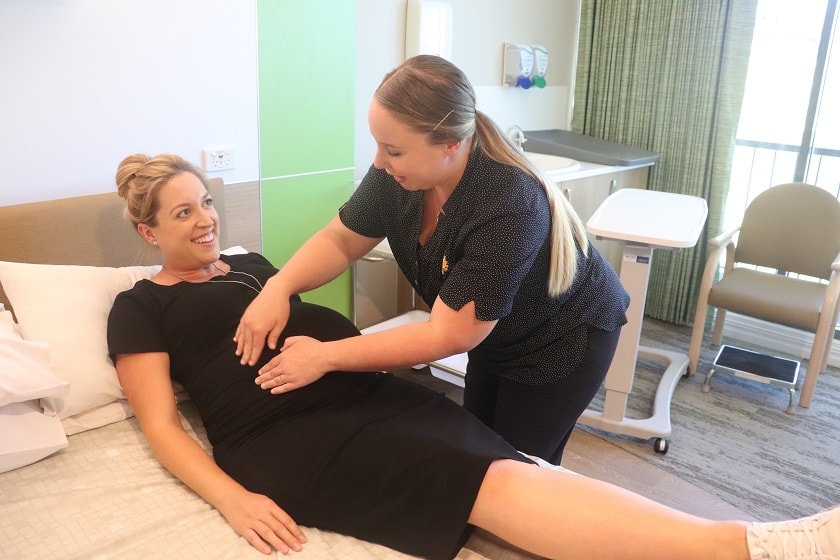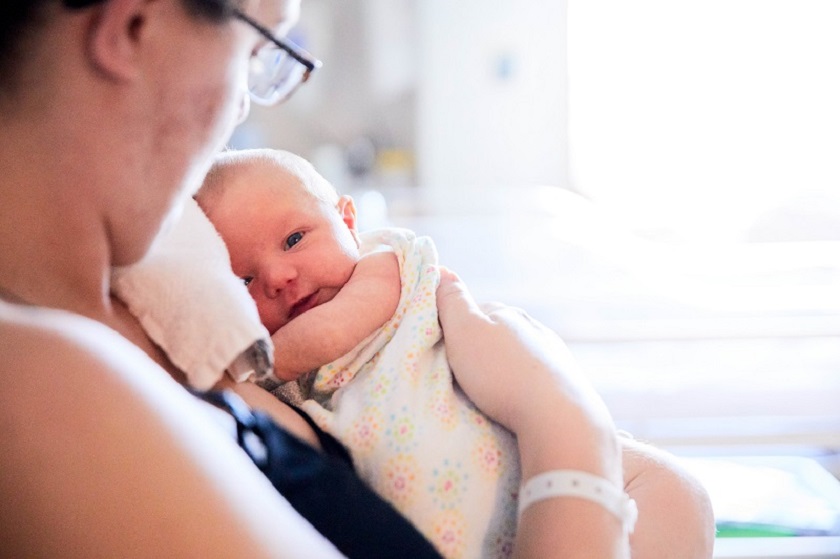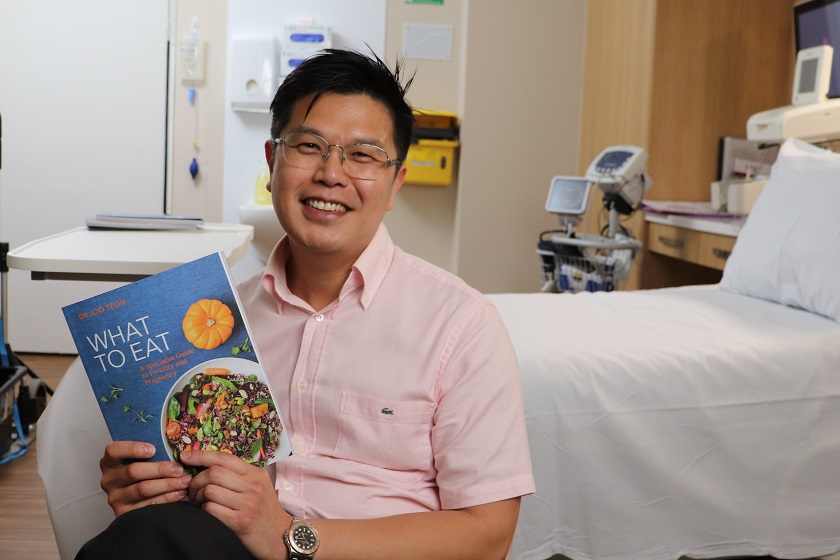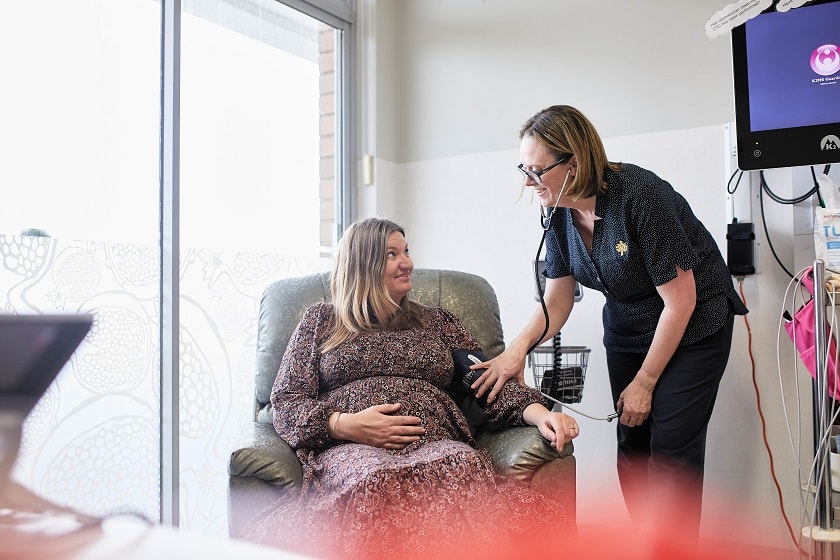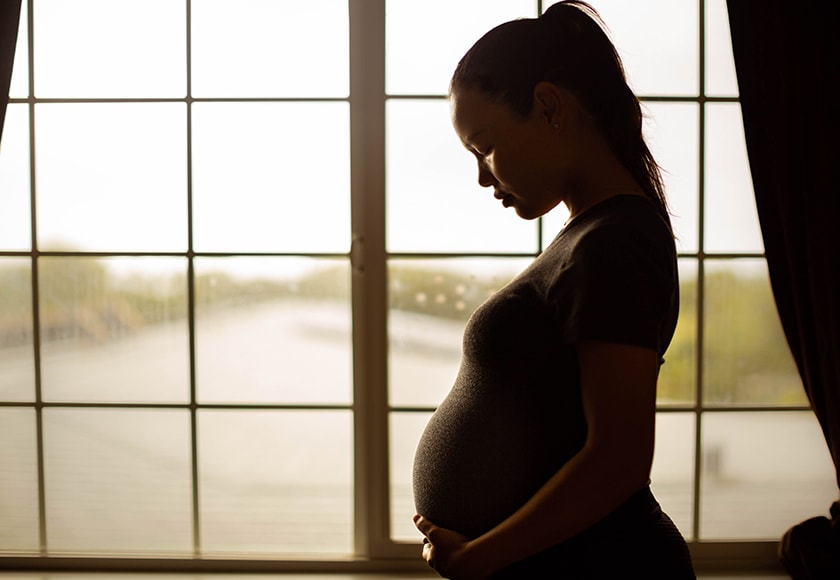Obstetrician and Gynaecologist Dr Joo Teoh details the care and advice that you can receive in a pre-conception consultation, and some of the common tests that can be performed to ensure you are in the best health to conceive.
Some people opt to visit their GPs or specialist doctor for pre-conception care and counselling before trying to conceive. In the preconception consultation, your doctor will address both you and your partner’s health. You can also receive advice on the best diet, exercise pattern, and lifestyle optimisation, including information on quitting smoking if required.
Personalised tests
The personalised tests will differ based on the health status and medical conditions of the mother, her partner and family history. In general, pre-pregnancy blood and urine tests for routine screening may include those listed below but not all of them will be performed initially.
- Full blood count
- Blood group and antibody
- Iron level
- Vitamin D level
- Hepatitis B & C
- Other sexually transmitted diseases such as HIV and syphilis
- Thyroid function
- Rubella antibody status
- Chickenpox immunity
- Heritable genetic carrier screening. This is optional and usually includes cystic fibrosis, spinal muscular atrophy and fragile X syndrome. If there are any medical indications, for example family members with medical conditions like thalassaemia, your doctor may request for more specific genetic carrier screens.
Supplements
It is advisable for women planning to conceive to take at least one month of folic acid prior to becoming pregnant. The usual dose is 400mcg per day, but some women require a higher dose as determined by their doctor. Some women may also be advised other supplements like vitamin D and iodine.
Ideal target weight
Your doctor may also recommend an ideal target weight for you before trying to conceive. This optimal weight usually has a Body Mass Index (BMI) of less than 30 and is proven to reduce complications in pregnancy and improve the health of mums and bubs. When trying to conceive, women should stop drinking alcohol, as alcohol is likely to have a detrimental effect on pregnancy, even in the early stages.
Medical conditions
If there are any medical conditions for yourself or the family members, the doctor may make further assessment and work with you to optimise your health before you fall pregnant. This may include treatment of any medical illnesses or stabilising the conditions.
You can also have a cervical screen done at your preconception check if it is not up to date.
Women not immune to rubella will be advised to have a Measles Mumps and Rubella booster prior to pregnancy. Your GP will discuss with you the importance of not falling pregnant for a defined period after the immunisation.

